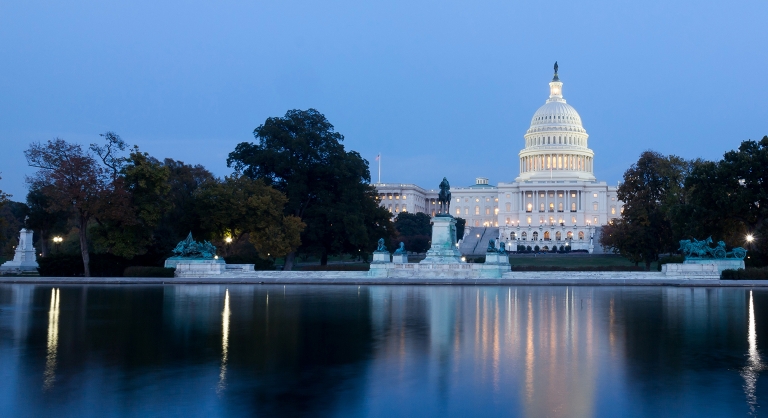Court Concludes OK for Kids to Learn Rather Than Play
During the post-World War II building boom, all levels of government often found that the path of least resistance for infrastructure projects was to build them on existing public spaces–frequently park land. This changed at the Federal level through statutory changes and the landmark 1971 Supreme Court case of Citizens to Preserve Overton Park v. Volpe, which held that federal funds could not be used in construction of highways through public parks if a feasible and prudent alternative route exists.
Here in Massachusetts, Article 97 of the Amendments to the Massachusetts Constitution provides protections against conversion of lands and easements that were taken or acquired by state or local government for a “public purpose” enumerated by Article 97 such as conservation land or park land. Land taken or acquired for such purposes cannot be used for other purposes or otherwise disposed of without a two thirds vote of each branch of the General Court. This is a high bar for changing the use of these protected properties. Similarly, under the “prior public use doctrine,” public land devoted to one public use cannot be diverted to another public use without an Article 97 legislative act.
In the recent Massachusetts Appeals Court case of Virginia B. Smith v. City of Westfield, the court addressed the scope of Article 97. In 1939, Westfield took title to the land to satisfy a tax debt and in 1957 passed an ordinance recognizing the land as a playground. In 1979, a Federal conservation fund awarded the City a grant in part to upgrade the playground. In 2010, Westfield endorsed an open space and recreation plan that designated the playground as “open space” and the next year determined it to be surplus property, with the city council voting to transfer the property to the school department to construct an elementary school.
The court concluded that the property was not taken or acquired by the municipality for the purposes enumerated by Article 97; it was simply acquired to satisfy of tax debt and later used as a playground. To fall within Article 97 would have required a transfer into conservation use by deed or recorded restriction as to use. Naming the playground and endorsing an open space plan that included the playground was not sufficient action to create Article 97 protection. Similarly, the court rejected application of the prior public use doctrine where the property was not conveyed to the city with a use restriction requiring the use as a playground.
As a result, developers and municipalities looking at potential public spaces as candidates for appropriate projects should assess the nature and history of the public space before concluding that Article 97 will preclude such a project. Similarly, a donor of property to a municipality for specific purposes will want to ensure the donation is protected by the legal mechanisms necessary to preclude later conversion of the property to a use not desired by the donor.
Categorized: Development
Tagged In: Infrastructure, Public Spaces




